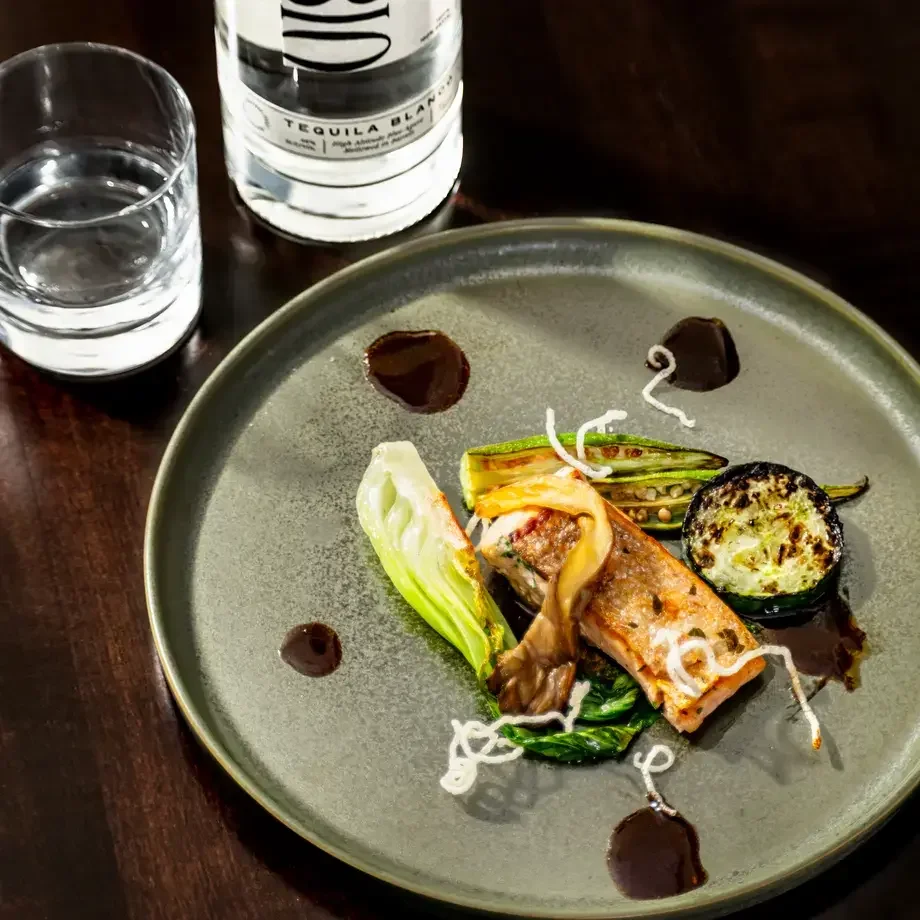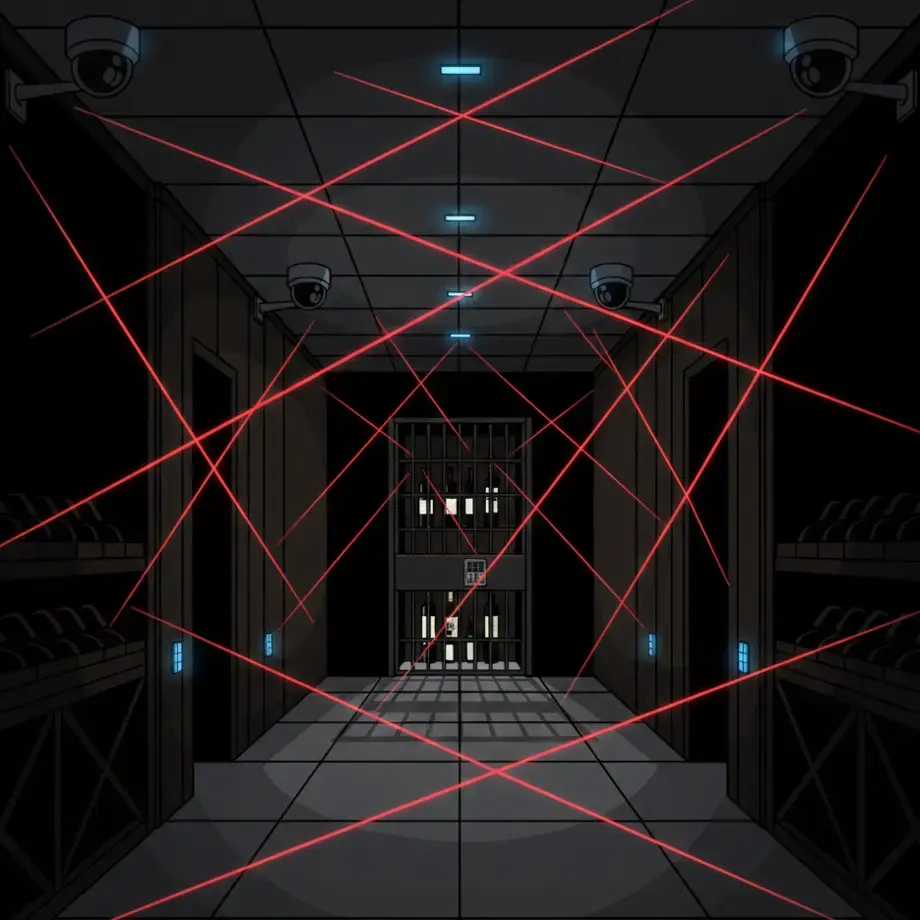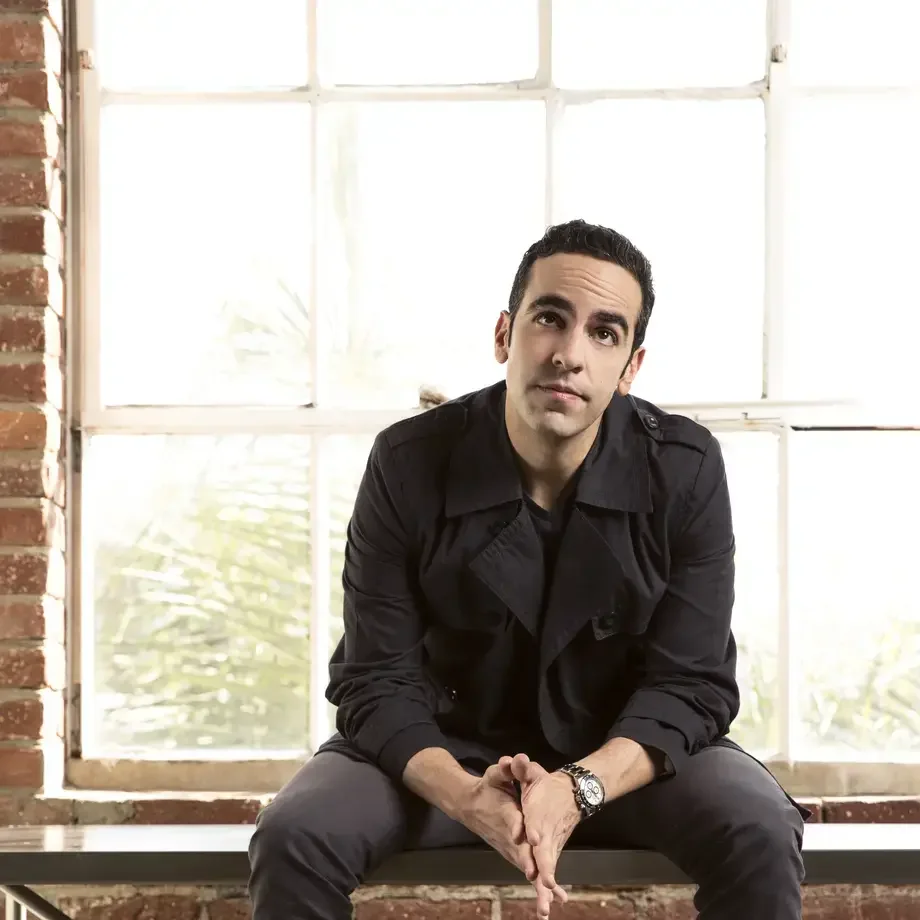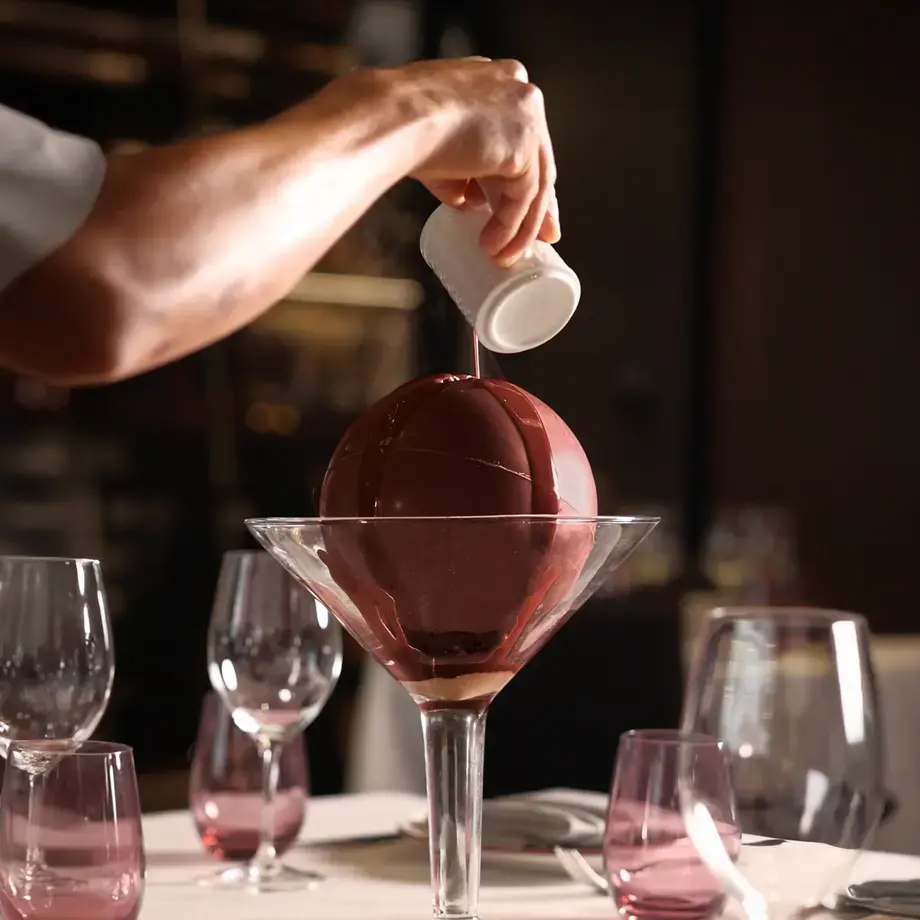The bread making came about from a passion for history, wanting to connect with the past in a way more tangible than reading about it in history books.
“I was interested to try and make medieval bread from just grain and water and salt. It took a few years to figure out how to collect yeast and to make good bread out of it. And a contention that I have is that medieval people were much more skilled than we are at making bread and meals like that because it’s all they had.
“A lot of people make really bad ‘ancient’ wholemeal breads and I don’t buy that ancient people ate garbage food at all. So I went and collected yeast and started to buy wholemeal flours and started to mill flour from grain to see if I could attain the skill level of the average 12-year-old in the 13th century.
“I felt like it was a worthy endeavour to see if we could share that food with our ancestors in that way, and it turns out that if you work at it you can make bread that’s really, really good that way. I got it in my head that we had lost something special, which was a whole category of food that was good, and rich and sustaining and very healthy accidentally, as we progressed.
"I don’t buy that ancient people ate garbage food at all."
“As we age we see these patterns and it causes me to have this kind of sadness about all the great things that humans lose because of the nature of our lifespan and our society. We lose touch and we lose context for the people who came before, and all the things they did and who they were.”
So in a way, people’s need to return to sourdough bread making is a need to connect with the past of our ancestors, to understand our lives better, with context. It’s also a way to live a life more connected with nature.
While the coronavirus may yet be the shake of the shoulders we’ve needed as a society, for Blackley, the pursuit of sourdough is a way to listen to the voices of the past. It’s something he's been pursuing through his enduring passion for Egyptology, which grew as he learned to read hieroglyphics and Ancient Egyptian.
“I think it’s extraordinary to be able to listen to the voices of people who lived so long ago and to feel you’re bridging that gap. To feel the alienness of it, to some extent, but moreover, the familiarity of it all. You can read the words of people who worked on the pyramids.”
“People say aliens built the pyramids. Aliens didn’t build the pyramids, bureaucracy built the pyramids.”
“People say aliens built the pyramids. Aliens didn’t build the pyramids, bureaucracy built the pyramids,” says Blackley. “You can read the exhaustive bureaucracy – ‘Senusret is paid 15% more than my crew because we know that his sister is sleeping with the over-seer and we demand that he is paid less and we are paid the balance for the last three months’, this type of thing. You can literally read that. It’s insulting and shitty to those people to say that aliens built the pyramids.”
If you’ve visited Egypt and toured the temples, they are so impressive that the easy conclusion to reach might be that they were in contact with some higher power.
“You might think that they were in touch with something else, but imagine what they would think if they saw smartphones and 747s, they would think that we are in touch with something magical, but we’re not, we’re in touch with working hard and progress.
“They did it all for the first time, which is why it’s so compelling to listen to specifically their voice from that time, in the Old Kingdom and the first dynasties, when they were figuring it out. The bread that I bake and the project that I work on is specifically from around that Old Kingdom period, when the Pharaoh Sneferu and his predecessors were figuring out how to build pyramids.
“When Sneferu built the great pyramid it had only been about 150 years since the first stone structure in history had been built. People say the progress of technology is so rapid and it is, for sure, but it was then too. The cultivation of grain, the milling of flour and the baking of bread ultimately freed up humans to pursue other things, like art, culture and governance. Yet there are many things we take for granted that just didn’t exist in the Ancient Egyptian world, like the concept of an economy, or currency. Ovens didn’t exist, they baked in fire.
“There are things missing that we take for granted, because they hadn’t been invented yet. So that’s why it’s so compelling to hear their voices, and if we can share food with them, then that’s incredibly cool. That’s really what’s behind it.”
So if sourdough bread baking is indeed a wormhole to the past, it’s one that’s easy to create in your own kitchen. Lots of people are doing it and they’re turning to Blackley for help.
“When this quarantine situation occurred and all of a sudden sourdough baking became in vogue, I’m this guy who has all this sourdough information on social media because I’ve been training myself to have the skills of a twelve-year-old in the Old Kingdom, I’ve had to figure out a lot of hard stuff about sourdough and I’ve been vocal about it, so suddenly I’m this accidental authority figure.
“Which is preposterous because I’m not in it to make sourdough bread with figs in it, or whatever. I’m in it to recreate this ancient thing. But at the same time, all these people need help and this is a sustaining thing that’s comforting for them so I’m up for it. I’ll help them all out, I’ll tell them what I know.
“I’m inadvertently an expert in this stuff and now I have these big-deal chefs and bakers endorsing what I say and cheering it and legitimising it [José Andrés recently tweeted about him], which is hilarious because it has nothing to do with why I’m in this. If I can help people out and have fun, then I’m all for it.”













